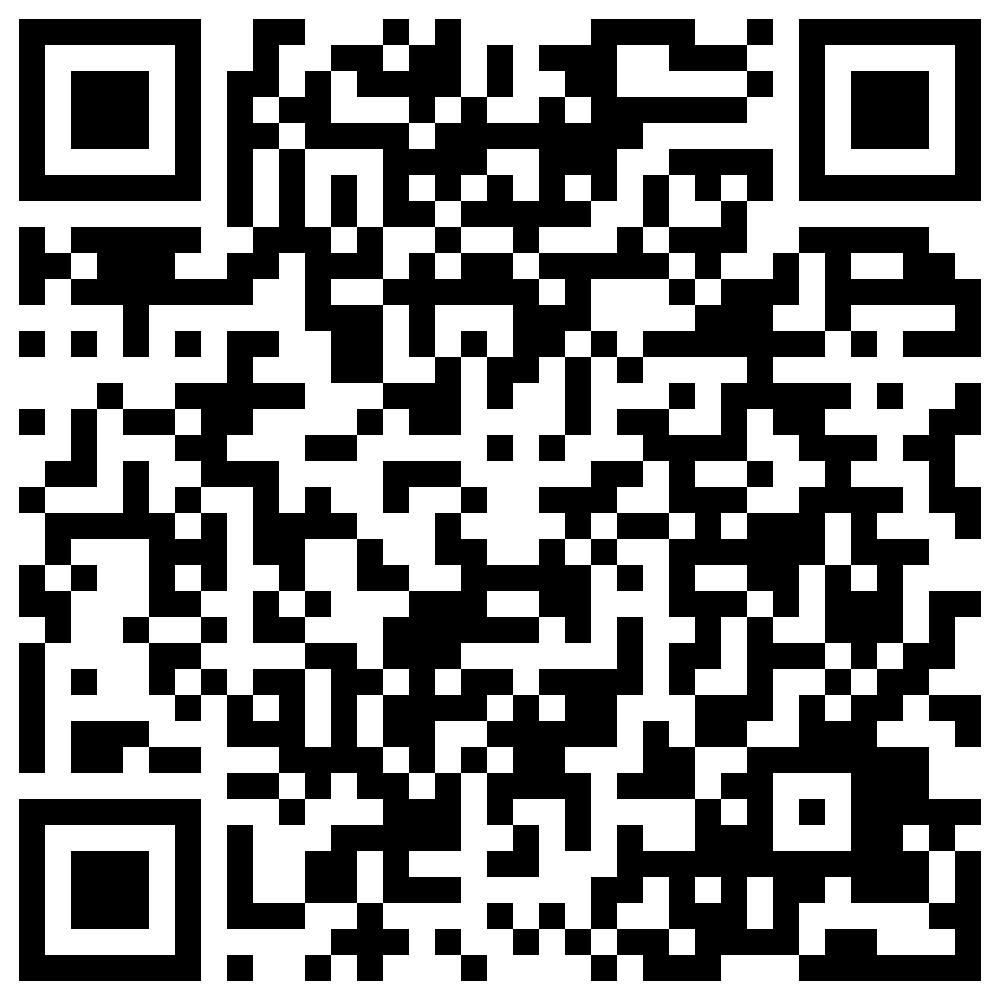学习不是随便看看,听听而已~需要按照方法切实际行动起来!
学习方法:
手写文本
听音频讲解学习过程中做好笔记
做好练习
开口朗读
理解,消化并牢牢记在脑子里,这样需要用的时候才有可能拿的出来哦,而不是看着好像都懂,一到拓展运用却什么也不会。
(难道学的都是假英语吗?)
别打着节省时间的口号,贪图方便,此刻省掉的时间,将来需要花费双倍甚至更多的时间才能够达到预期的效果!得不偿失~
对话:
Tim: Are you from California, Jessica?
Jessica: Well, my family is in California now, but we’re from Korea originally.
Tim: Oh, my mother is Korean- from Seoul! Are you from Seoul?
Jessica: No, we’re not from Seoul. We’re from Daejeon.
Tim: So is your first language Korean?
Jessica: Yes, it is.
词汇:
originally 原始地,最初的,
first language 母语,第一语言
练习:(回顾:什么是一般疑问句/什么是特殊疑问句?)
找出对话中的一般疑问句,并还原成陈述句。
跟联系动词有关的否定句和一般疑问句
1. 复习一般陈述句变成一般疑问句
2. 跟联系动词有关一般陈述句变成否定句,直接在联系动词后面+not,其他保持不变。
3. 句子的四种形态,一般陈述句,一般疑问句,一般否定句,特殊疑问句,他们之间的互相转换。
跟联系动词有关的否定句
I'm not from New York.
You're not late.
She's not from Russia.
He's not from Italy.
It's not English.
We're not from Japan.
You're not early.
They're not in Mexico.
We're =We are
跟联系动词有关的一般疑问 /肯定回答(Yes+)/否定回答(No+)
Are you from California? I am. I'm not.
Am I early? you are. you're not.
Is she from Brazil ? she is. she' not.
Is he from Chile? he is. he's not.
Is it Korean ? it is. it's not.
Are you from China? we are. we're not.
Are we late? you are. you're not.
Are they in Canada? hey are. they're not.
练习:将句子补充完整,并说出来。
1.A. Hiroshi, _____ you and Maiko from Japan?
B. Yes, we __________.
A. Oh?________you from Tokyo?
B. No ____ not. __________ from Kyoto.
2.A. _____ Laura from the U.S.?
B. No, ____ not. She's from the U.K.
A.______ she from London?
B. Yes, she ____. But her parents are from Italy.___ not from the U.K. orignally.
A. ____ Laura's first language Italian ?
B. _____ not. ________ English.
3.A: _______Selina an Carlos from Mexico?
B: No, ______ not. _______ from Brazil.
A: _____ you from Brazil , too ?
B: No, _____ not. I'm from Peru.
A. So, ____your first language Spanish ?
B: Yes, it _____.
课程:系统初级口语自主学习课程阶段一
学习内容:初级词汇,初级语法,出剧句型,初级日常口语等学习+运用
学习目的:开口说英语
适合人群:有发音基础,少量词汇,语法薄弱,词汇运用能力差,语法几乎为0,不会造句子的伙伴们。

